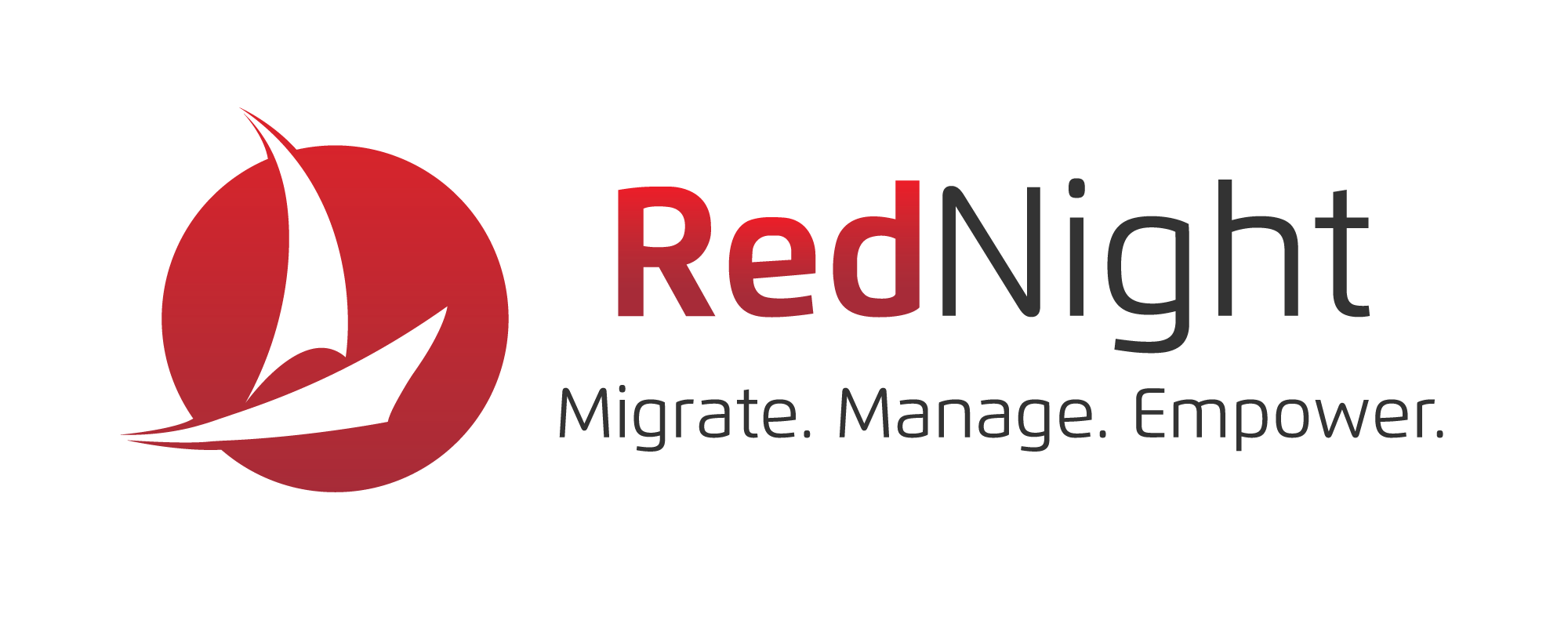So, you’ve made the decision to migrate to the cloud. It’s a big project, and before you get started, you want to make sure you’ve got the right tools in place and the right cloud essentials to keep your business running strong. This means minimizing downtime, keeping costs down, and staying productive while you experience the new workflow.
Related: How to Migrate to the Cloud
Part of knowing what cloud tools are best for your business is thinking about how your overall cloud setup can serve your current needs and best prepare you for future endeavors.
Cloud implementation comes in three forms: public, private and hybrid. Understanding the difference between them is the first step in transforming your technology.
Public Cloud
The simplest way to think about private cloud is this: It’s basically the internet. Software, hardware, storage – these are set up, managed and housed by third parties. All computing power is done in data center fortresses, with military-grade protection against the elements and intruders.
With tools in the public cloud, you, the consumer, don’t own anything (except your data). You rent usage, typically monthly, based on your needs. Think of Spotify. Listen to “Despacito” as much as you want, you still don’t own it. Not like you did when you bought records. For a monthly fee, you simply have access.
For many businesses, the public cloud is ideal.
- It’s cheaper to start. No big CAPEX spends on software and hardware.
- There’s no maintenance. Patching and updates are the responsibility of the provider.
- Scaling is easy and infinite. You pay only for what you use.
Private Cloud
For the end user, the private cloud functions the same as the public cloud. But the functionality for the business is quite different. Private clouds can be hosted on-premise in your company’s data center or by a third-party provider with exclusive access. This means that you do not share any of your computing power with other companies.
For business who need custom technology solutions, private cloud resources may be the best bet.
- It’s more flexible. Rather than running from existing tools, you can have customized solutions.
- It’s more secure. By not operating in a public space, you can achieve higher control and security.
- Compliance is easier. For larger organizations who must bow to regulators, the private cloud offers higher compliance compatibility.
Related: Cloud Computing: The Best Benefits of Comprehensive Professional Services
Hybrid Cloud
Hybrid, of course, is just what it sounds like. You split the difference, using the private cloud when you must, and the public cloud for all the rest.
This gives you the best of both worlds: The ease and cost of one, and the flexibility and heightened security of the other. For example, maybe your emails are in the public cloud, but your financials are in the private cloud.
Did you know? 78 percent of executives said their teams lack the cloud skills required to achieve their five-year plans. – Accenture
The RedNight Cloud Solution
Whichever direction you go with, you want an experienced cloud computing expert by your side. You want a smooth transition, a quick migration, with little-to-no downtime for your employees. Likewise, you want ongoing training to help your staff with the transition. Finally, you want an advisor that understands your business, both how it works now and how you plan to change in the future.
You need RedNight Consulting by your side. Contact us to discuss your cloud computing needs.
Learn more about Amazon Web Services and the Cloud


